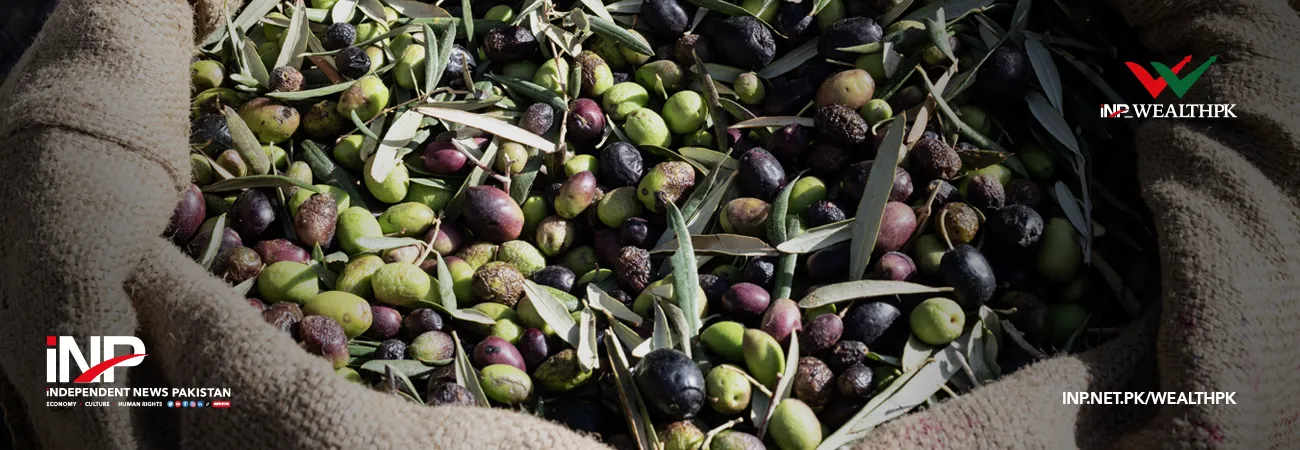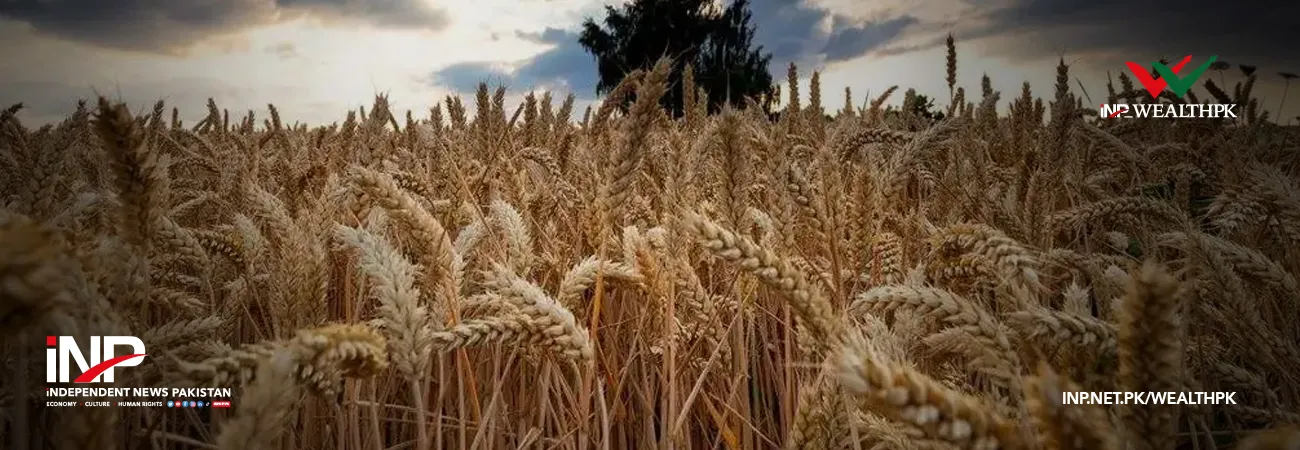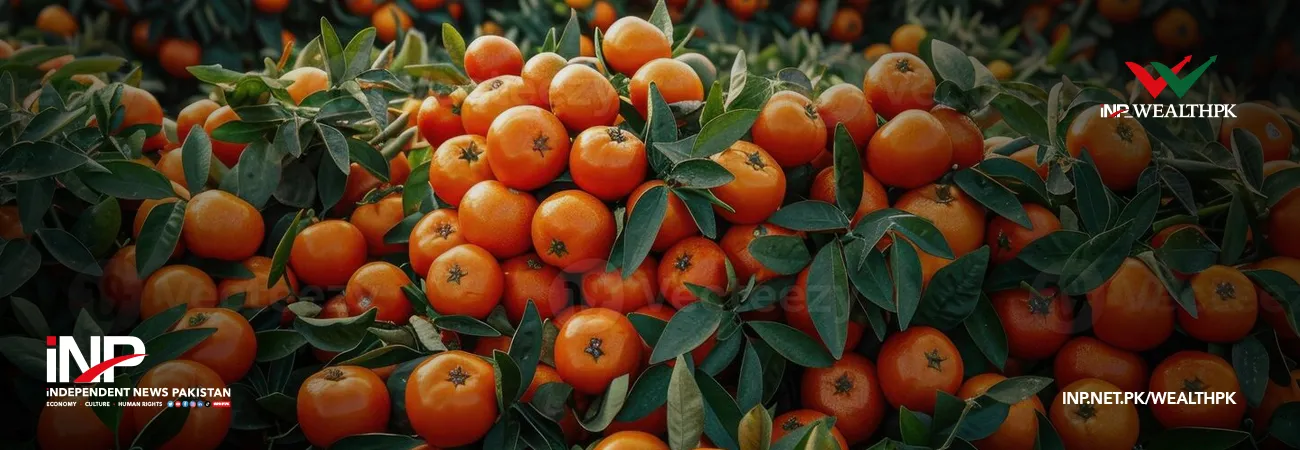INP-WealthPk
By Qudsia Bano ISLAMABAD, April 06 (INP-WealthPK): Agriculture is being transformed into a high-yielding economic unit through mechanization, provision of quality seeds, efficient water management, and support in livestock rearing thanks to the implementation of the Agricultural Transformation Plan and Special Economic Zones (SEZs). With the introduction of the Kissan card, fertilizer subsidies, and animal genetic improvement, the Pakistan government aims to produce even better yields than the previous year's record production. Dr Nausherwan Nawab, Principal Scientific Officer at the National Agricultural Research Centre (NARC), said while talking to WealthPK that work needs to be done on automation, novel variety development, and germplasm development. “China leads the world in agricultural mechanization, and Pakistan should benefit from their knowledge and experience to boost its agriculture sector,” he said. The Agriculture Transformation Plan, according to him, will revive the country's farmers. He believes that these safeguards should be strengthened in order to protect small farmers. He said that the government's pro-business policies and emphasis on ease of doing business had begun to bear fruit. According to Dr Nausherwan, the Board of Investment (BOI) has devised a one-stop-shop concept for investors to aid in the provision of basic services such as power, gas, water, and building licenses last year. For services provided by the provincial and federal governments, a uniform compliance regime has been developed. He said the authorities are also working to reduce power tariffs to benefit farmers in terms of electricity consumption in their fields. According to him, farmers' representatives claim that the cost of production has risen dramatically, and they are requesting that the government secure fertilizer availability for the current Rabi season and abolish GST (general sales tax) on insecticides and other preventive items used by cotton growers ahead of the upcoming Kharif season. Dr Nausherwan said four training facilities will also be built in Khyber Pakhtunkhwa province with the help of the US government in the districts of Bajaur, Khyber, Mohmand, and Torghar. He said farmers' skills will be developed, and linkages between farms and businesses will be formed as a result of the training facilities. “Farmers have traditionally been concerned about timely land preparation, planting, weeding, irrigation, harvesting, storage, and selling information. The usage of these training facilities, particularly through the current technologies, can help farmers in these areas to receive, exchange, and harness information more effectively,” he stated. During the 20th meeting of the Agricultural Transformation Plan, former Federal Minister of National Food Security and Research Syed Fakhar Imam said that progress was being tracked in order to keep the Agriculture Transformation Plan on track. He stated that agriculture contributes over 19 percent to gross domestic product (GDP) directly and that, with value addition, it may become the economy's backbone. Fakhar Iman said that 780,000 Kissan cards have been provided to registered farmers, with a total subsidy of Rs5.6 billion. He stated that by June 2022, over one million farmers using the Kissan card will be registered. The former minister was informed that 124,000 Kissan cards had been issued in Khyber Pakhtunkhwa, with a subsidy of Rs575 million. Collaboration with the Chinese Academy of Agricultural Sciences, according to Fakhar, might be a game-changer for Pakistan.













